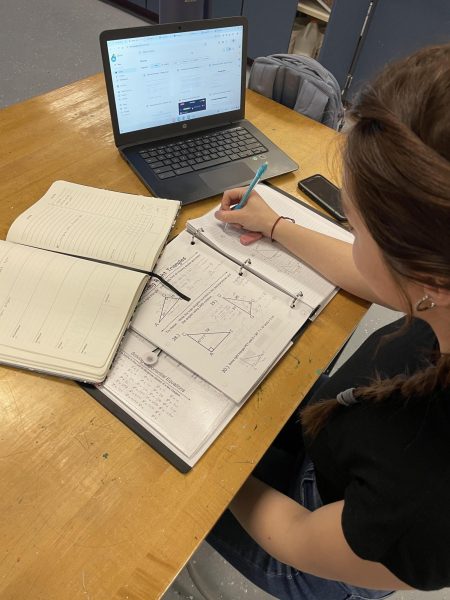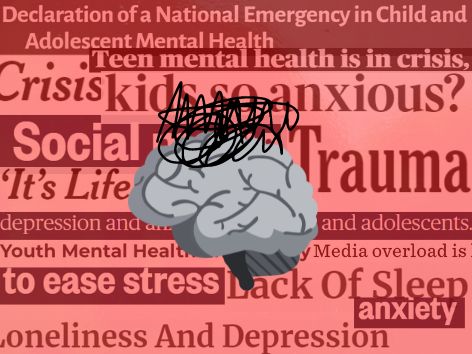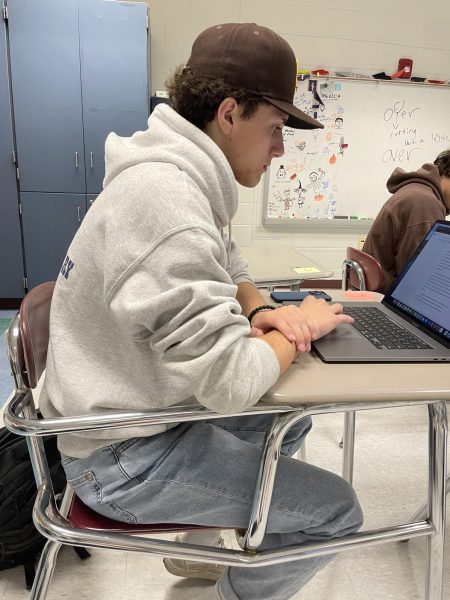Changing school start time: and why it’s so important
February 2, 2017
Since the beginning of my sophomore year at HBHS, I’ve been working on a project, one that would have a lasting effect on current underclassmen and generations to come. School Start Time has been on my radar since freshman year, when I read an article that shaped my opinion on the topic. It’s not hard to get behind the notion that changing the start time will positively affect student health, I promise you. The data is all there.
During my sophomore year (2014), I was the freshly elected president of my class, looking to get more involved in student council as a whole. Meghan Bonta ‘15 was then Student Body President. For those of you who don’t know, the Student Body President runs a weekly meeting where he/she directs all members of council (this is known as a Grand Council meeting). Each year, the Grand Council selects a goal or topic they will pursue for the duration of the year. That year, as a Grand Council, one of our goals was to explore the possibility of pushing back the school start time for high school and middle school students.
A handful of student council members and I, with the help of our wonderful advisors, Jennifer Given and Lucas Woods, worked endlessly in hopes to obtain more information as to why the change in schedule would be beneficial for students. We began weighing the pros and cons, making lists of all factors we could possibly think of, and preparing a presentation for the Co-op school board with our findings.
(I have linked the presentation here, with an extremely embarrassing video of the presentation here.)
Bear with me. I understand how some members of the community might think our presentation to the school board biased, as we were students attending the school. The common theme I have heard parents and other community members say is: “Those kids just want to sleep later so they can stay up all night playing video games!” I assure you, that’s not the case.
The evidence we found in our research is staggering. A lack of sleep in adolescents leads to many mental, physical, and academic problems. In a study done by the American Academy of Pediatrics (AAP) in 2014 explains that, even though teens are increasingly busier than they used to be, the fault is not theirs. The National Sleep Foundation (NSF) states that “biological sleep patterns shift later during adolescence, meaning it’s natural for teens not to be able to fall asleep before 11 p.m.” So, even though I am a member of five clubs, play two sports, volunteer regularly, have a job, and take AP Courses, I cannot physically go to bed before 11 o’clock because melatonin is not released until then.
The AAP recommends that adolescents get between 8.5-9.5 hours of sleep each night, and if their circadian rhythms won’t allow their bodies to completely shut down before 11 p.m., the recommended start time for all students is around 8:30.
Yes, I know what you’re thinking: this is a dream of mine that will never happen. Believe me, I’ve thought everything that you’re thinking during my research, and I’d be lying if I said I haven’t contemplated every aspect of the opposing side of our plan. An 8:30 start?! But what about sports? What about my job? What about all of the clubs I do after school? I understand that this is going to affect after school activities. Elementary school parents, middle and high school parents, I know your schedule is going to change and it will be hard at first. Pushing the school start time will affect you, but I can reassure you that it is with student health in mind.
There will be a public forum for both Hollis and Brookline residents on Monday, January 30, at 6:30 p.m.; everyone is welcome to come and learn more about the change. Child care will be provided.

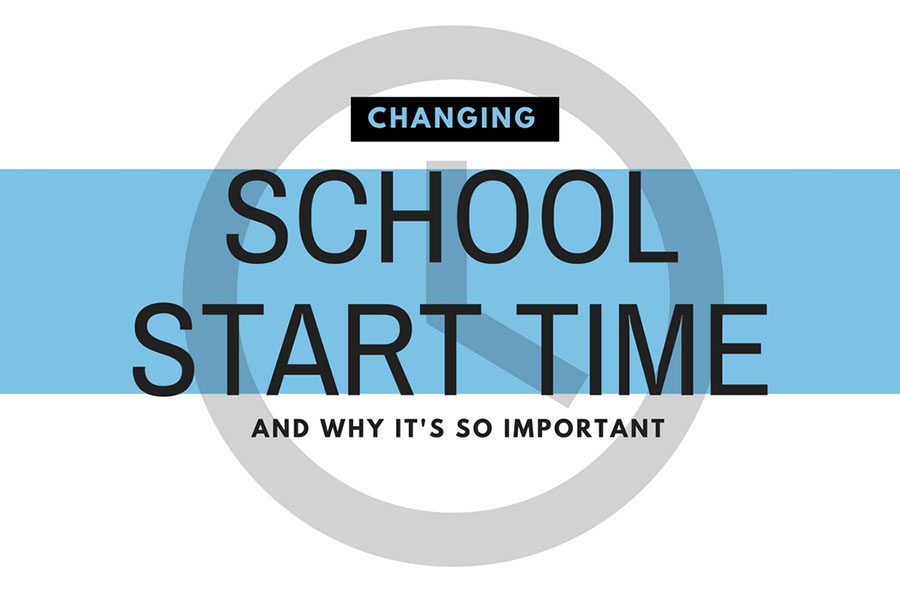
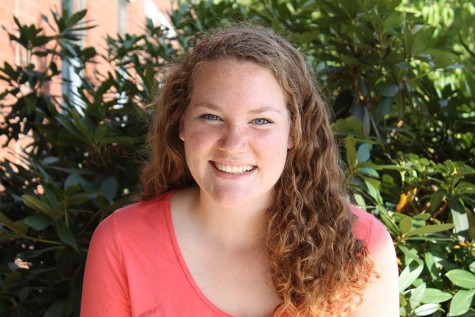

![Steven Crooks grades a lab from his AP Physics 1 class. He is a new teacher, but already helping his students succeed with his grading philosophies and policies. “I want to see the thought process [in their work],” said Crooks.](https://cavchronline.com/wp-content/uploads/2024/01/Grading-Philosophies-300x225.jpg)








